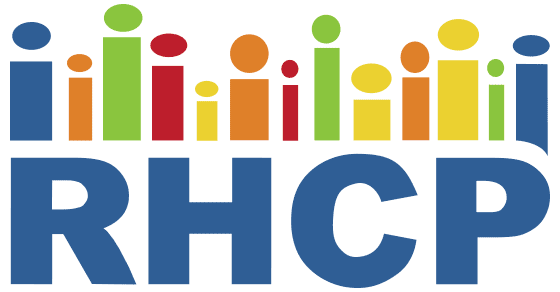Treatment Fidelity Among Family Health Promoters Delivering a Physical Activity and Nutrition Intervention to Immigrant and Refugee Families
Health Education & Behavior Jun 2016
RHCP implemented a culturally tailored physical activity and nutrition intervention for Hispanic, Somali, and Sudanese immigrant and refugee families in Rochester, Minnesota, using a CBPR approach. Family Health Promoters (FHPs) from each community delivered 12 modules through home visits and follow-up calls, focusing on behavior change strategies grounded in social cognitive theory and motivational interviewing. The intervention emphasized family engagement, cultural relevance, and flexibility, with sessions conducted in participants’ native languages and adapted to their schedules. Fidelity was monitored across five domains—design, training, delivery, receipt, and enactment—using standardized manuals, structured training, session checklists, and follow-up assessments.
Despite challenges such as language barriers, scheduling conflicts, and limitations in recording sessions, RHCP maintained high treatment fidelity through rigorous training, supervision, and community involvement. FHPs demonstrated strong adherence to protocols, with over 97% of sessions documented and an average adherence rate of 84.3%. The participatory development and delivery of the intervention fostered trust and cultural sensitivity, while fidelity monitoring ensured consistent implementation and allowed for real-time adjustments. This model highlights the importance of integrating community expertise into intervention design and fidelity planning to enhance effectiveness and sustainability in underserved populations.
